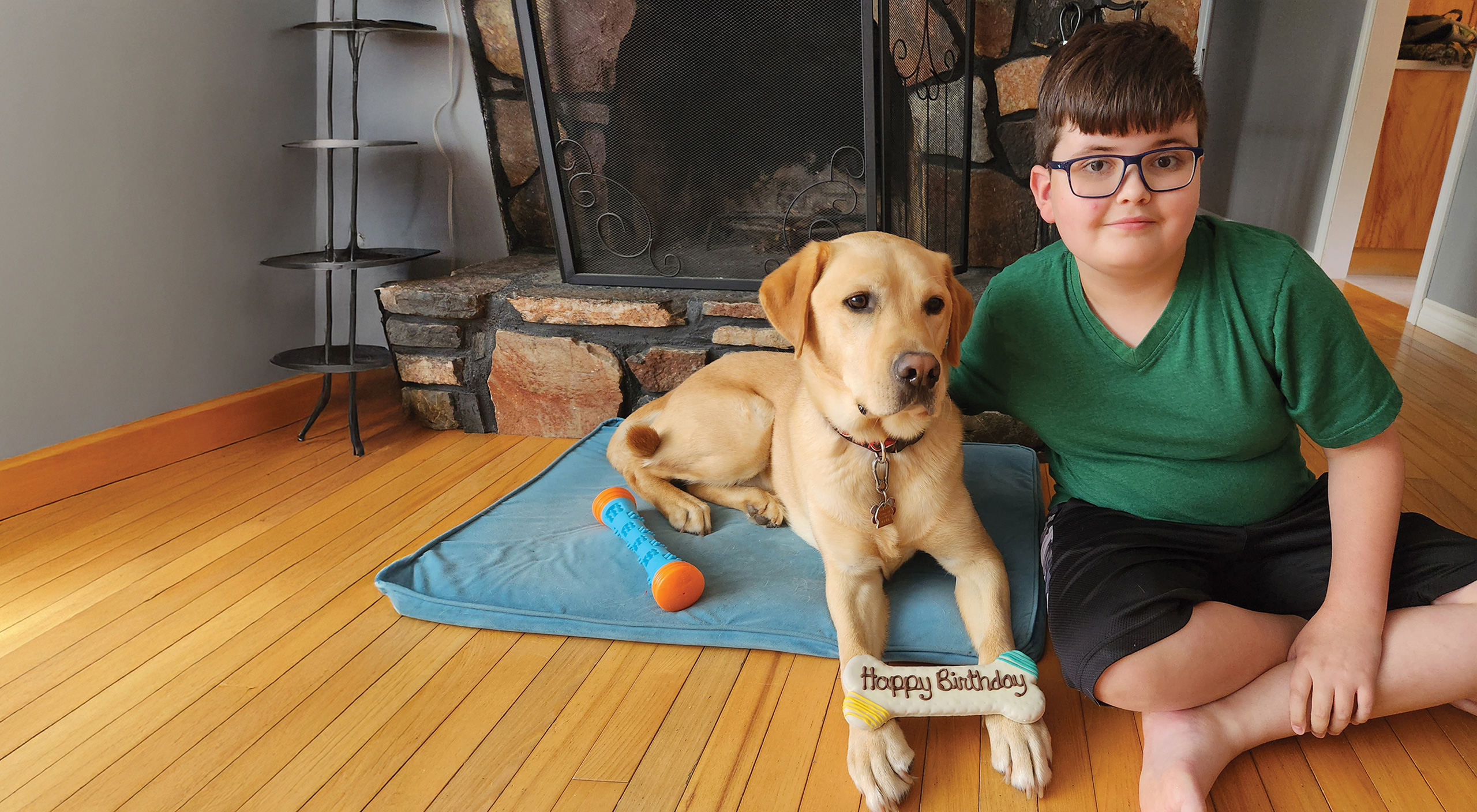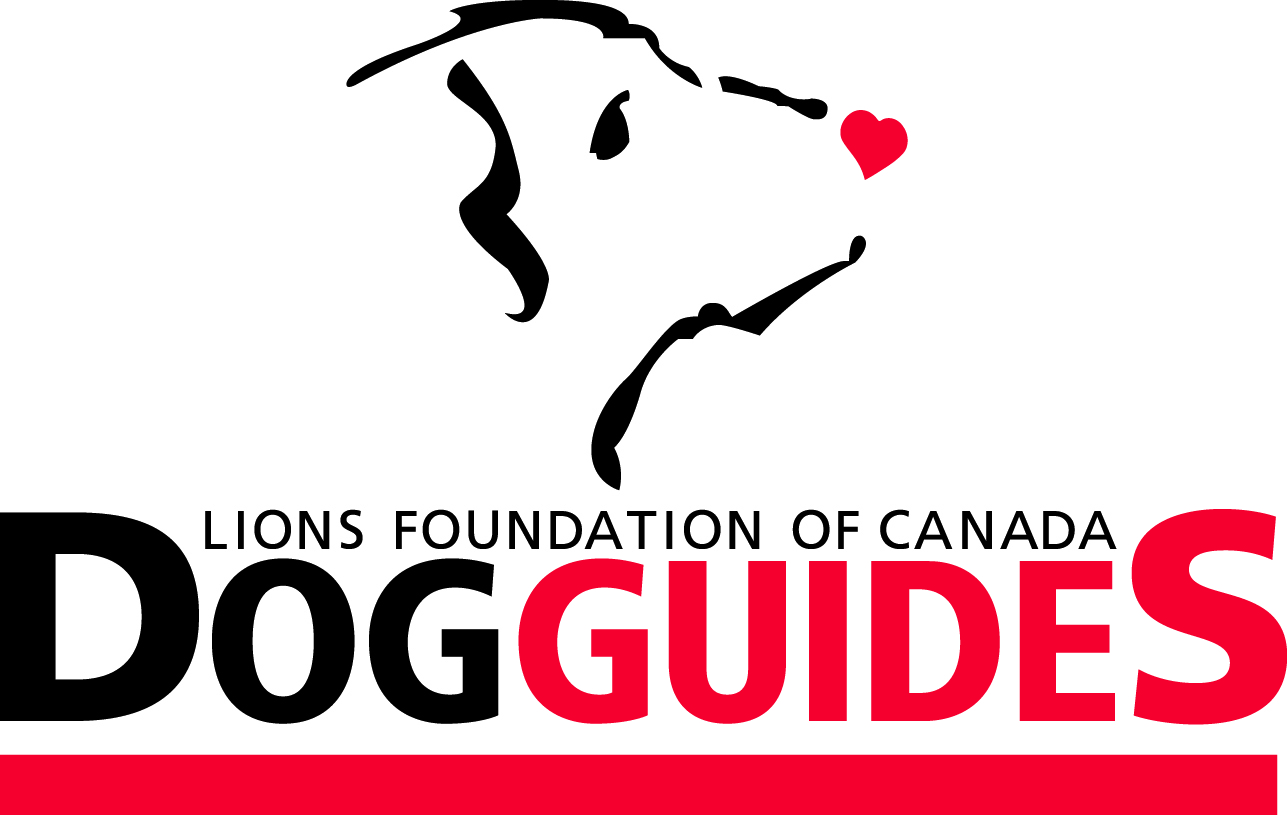Frequently Asked Questions
Below are answers to common questions about our Dog Guides and training at the foundation.

Dog Guide Etiquette and General Information
Download our Dog Guide Etiquette poster
Can I pet a Dog Guide?
Can Dog Guides go everywhere with their handler?
As part of our intensive training program, our dogs and their clients must pass a public access test. This enables them to exercise their public access rights, essentially allowing the assistance dog to go anywhere their handler goes. This ensures our clients can fully rely on the support of their assistance dog in every aspect of their daily living.
Public access laws can vary by province.
For more information: https://assistancedogsinternational.org/resources/public-access-laws-canada/
Dog Guide Training
Do you train dogs for PTSD, anxiety or depression?
Can you train my dog?
What breeds of dogs do you train?
How does a dog become a Dog Guide?
When does a Dog Guide retire and what happens next?
Dog Guide Placement
How much does a Dog Guide cost?
How long is the wait?
How do you match your applicants with their Dog Guide?
What if I meet the criteria for more than one of your programs?
Why is there a minimum age requirement for the programs?
Can Dog Guides go everywhere with their handler?
What are the programs you have at Lions Foundation of Canada Dog Guides?
At Lions Foundation of Canada Dog Guides we have seven programs that we train our Dog Guides for:
• Autism Assistance Dog Guide
• Canine Vision
• Diabetes Alert
• Facility Support
• Hearing
• Seizure Response
• Service Dog Guide
